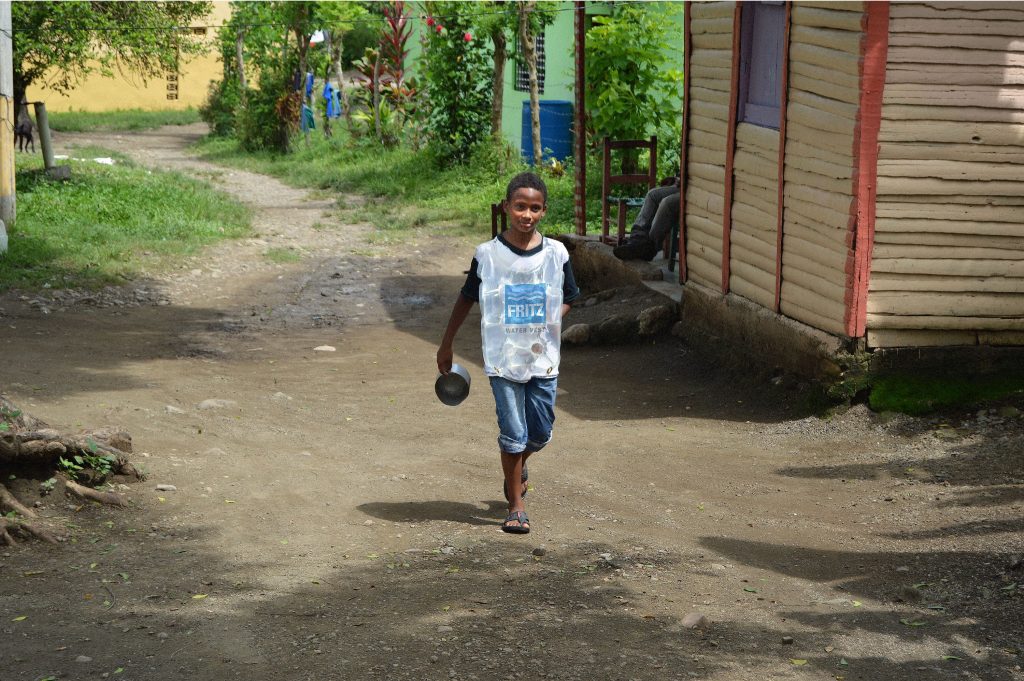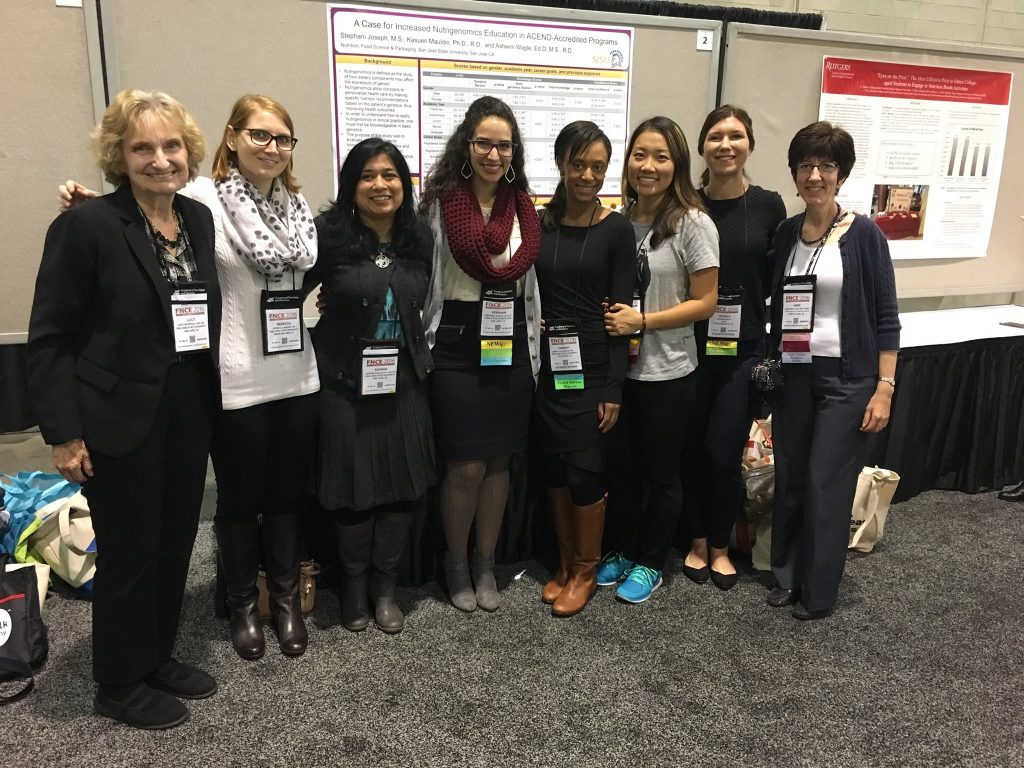What started as a pilot program, has now been signed in to law for the CSU system to offer doctoral degrees. The Valley Foundation School of Nursing at San José State University is pleased to announce that Governor Jerry Brown signed AB 422 which grants California State University full authority to offer the Doctor of Nursing Practice (DNP) degree as of January 1, 2018.
Both Dr. Ruth Rosenblum and Dr. Lori Rodriguez, The Valley Foundation School of Nursing, took a leadership role in the initial planning and implementation of the Northern California Consortium Doctor of Nursing Practice Program. They worked in conjunction with faculty partners at Fresno State School of Nursing to create a highly successful pilot program for DNP students over the past five years. Many faculty members at The Valley Foundation School of Nursing have also contributed to the great success of this program. “Congratulations to all! l feel very proud of what we have been able to accomplish as nursing leaders in the CSU. Thanks to everyone for your support,” says Dr. Colleen O’Leary-Kelley, Director, Professor, Valley Foundation School of Nursing.
The CSU practice doctorate degree in nursing was first legislated as a pilot project. Now, the CSU DNP degree is fully recognized in legislation as a quality educational program that offers the highest level of scholarship in nursing practice. “We are proud of the graduates of our CSU pilot project,” says Dr. Margaret Brady, Nurse Faculty, CSU Nurse Coordinator. “They are nursing leaders and engage in quality improvement projects within their practice settings that support optimal healthcare for the citizens of California. Moreover, CSU nursing programs have witnessed an influx of these graduates into CSU faculty positions, and the California Community Colleges are pleased to count them among their Associate Degree in Nursing faculty.”
There are many people who deserve to be thanked for supporting CSU Nursing during the quest for full authority. Special thanks to Dr. Joaquin Arambula who sponsored AB 422. He is truly a physician who knows that quality healthcare is a team effort and values the work of his nursing colleagues. The California Assembly and Senate representatives showed their overwhelming confidence in CSU Nursing by their enthusiastic “yes” votes. A shout out for the people behind the scenes such as Nichole Munoz-Murillo, CSU Senior Legislative Advocate who was instrumental in guiding legislative efforts and meeting with California legislators to educate them about CSU Nursing and the DNP degree. Dr. Chris Mallon, Assistant Vice Chancellor, Academic Programs and Faculty Development, has worked with nursing faculty over the long haul on this project. She met with nursing leaders who first brought the idea to her almost 10 years ago and never wavered in her commitment to secure full authority.
Five CSU Nursing campuses, which includes The Valley Foundation School of Nursing, joined to form two joint programs and launched the Northern and Southern CSU DNP consortia in 2012. These graduates joined the pilot project because they believed in the CSU system and its reputation for excellence in nursing education. Many of these graduates told their stories to legislators who listened. Nursing faculty throughout the CSU system worked to secure letters of support from industry partners and also told their stories as advance practice nurses, nurse administrators and nurse educators.
There are 198 graduates of the first four cohorts in Northern and Southern California. There are currently 24 in the Northern cohort that will graduate in Spring 2018 and 38 in the Northern cohort that will graduate in Spring 2019. “We are thrilled that the legislature and Governor so clearly embrace the importance of the DNP degree to support nursing education and improved health outcomes in the state. We are looking forward to next steps,” says Dr. Ruth Rosenblum DNP, RN, PNP-BC, CNS, Assistant Professor, DNP Program Director-Interim, SJSU’s Valley Foundation School of Nursing.
The Valley Foundation School of Nursing at San José State University was an instrumental part of the pilot project. The vision for nursing education empowers faculty and guides students on the path to what is regarded as the most trusted profession. Congratulations on the successful passage of AB 422.


